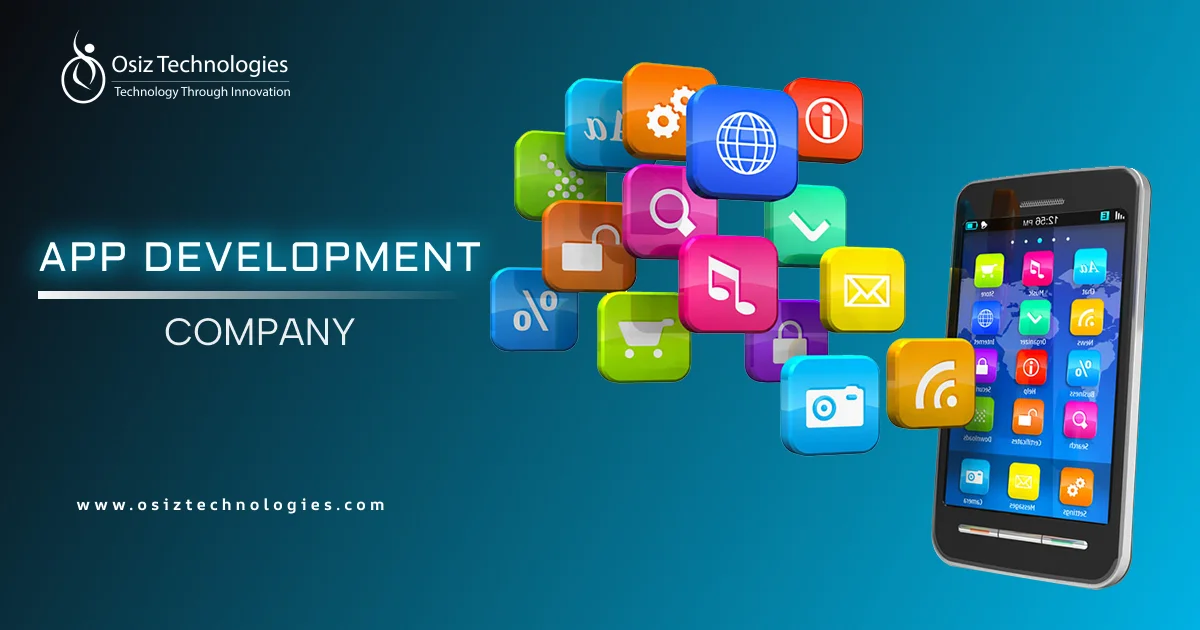In today's fast-paced digital landscape, cross-platform app development has emerged as a crucial strategy for businesses aiming to reach a broader audience. With a plethora of frameworks available, choosing the best one can be daunting. This article will explore the best cross-platform app development frameworks, comparing their features, benefits, and use cases to help you make an informed decision.
Understanding Cross-Platform App Development
Cross-platform app development allows developers to create applications that can run on multiple operating systems, such as iOS, Android, and web platforms, from a single codebase. This approach saves time and resources, making it an attractive option for startups and established businesses alike.
Benefits of Cross-Platform Development
Cost-Effectiveness: Developing a single app for multiple platforms reduces development and maintenance costs.
Faster Time to Market: A unified codebase accelerates the development process, allowing businesses to launch their products quicker.
Wider Reach: With cross-platform apps, you can target a larger audience by catering to users on different devices.
Top Frameworks for Cross-Platform App Development
Let’s delve into some of the most popular frameworks that dominate the cross-platform app development landscape.
1. Flutter
Flutter, developed by Google, has gained immense popularity for its ability to create natively compiled applications for mobile, web, and desktop from a single codebase. Its rich set of pre-designed widgets allows developers to build highly customizable UIs. According to GetStream, Flutter is ideal for applications requiring a fast development cycle and high performance.
2. React Native
React Native, maintained by Facebook, allows developers to build mobile apps using JavaScript and React. It provides a near-native performance and a rich ecosystem of libraries. This framework is particularly well-suited for projects that require a smooth user experience and rapid iteration.
3. Xamarin
Xamarin, a Microsoft product, enables developers to create applications using C#. It provides a powerful development environment and seamless integration with the .NET framework. Xamarin is particularly beneficial for businesses already invested in the Microsoft ecosystem.
4. Kotlin Multiplatform
Kotlin Multiplatform is a modern approach that allows developers to share code between platforms while maintaining platform-specific functionality. This framework is gaining traction among developers for its flexibility and efficiency. Notable apps like Netflix and McDonald's have utilized Kotlin Multiplatform, showcasing its capabilities.
5. Ionic
Ionic is a popular framework for building hybrid mobile applications using web technologies like HTML, CSS, and JavaScript. It is particularly useful for projects that require rapid development and deployment. Ionic's extensive library of components helps in creating visually appealing apps.
6. NativeScript
NativeScript allows developers to build native mobile applications using JavaScript or TypeScript. It provides direct access to native APIs, enabling the creation of high-performance apps. NativeScript is an excellent choice for developers looking to leverage existing web development skills.
7. .NET MAUI
.NET MAUI (Multi-platform App UI) is the evolution of Xamarin.Forms, designed to build applications for Android, iOS, macOS, and Windows with a single codebase. It simplifies the development process and enhances productivity, making it a strong contender in the cross-platform space.
8. Tauri
Tauri is a newer framework focused on building lightweight desktop applications using web technologies. Its ability to create small, fast apps that utilize the user's existing system resources makes it an attractive option for developers targeting desktop platforms.
9. High-Performance Frameworks
When considering performance, frameworks like Flutter and React Native stand out due to their native-like performance. They utilize GPU rendering and optimized architectures, ensuring smooth user experiences across devices.
10. Pros and Cons of Cross-Platform Frameworks
While cross-platform frameworks offer numerous advantages, they also come with certain drawbacks. For instance, performance may not match that of native applications in some cases, and access to device features may be limited. It's essential to weigh these factors based on your project requirements.
Why Choose Osiz for Cross-Platform App Development
Selecting the right framework for cross-platform app development is vital to achieving seamless performance and wider reach. At Osiz Technologies, a leading App Development Company, we specialize in building high-quality, cross-platform applications using frameworks like Flutter, React Native, and Xamarin. Our experienced developers ensure your app delivers consistent performance, intuitive design, and scalability across all platforms. Whether you’re a startup or an enterprise, Osiz provides end-to-end solutions tailored to your business goals - making your app development journey efficient, innovative, and future-ready.
Listen To The Article












